Search
Search Results
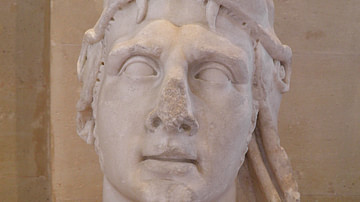
Definition
Mithridates VI
Mithridates VI (120-63 BCE, also known as Mithradates, Mithradates Eupator Dionysius, Mithridates the Great) was the king of Pontus (modern-day northeastern Turkey) who was regarded by his people as their savior from the oppression of Rome...
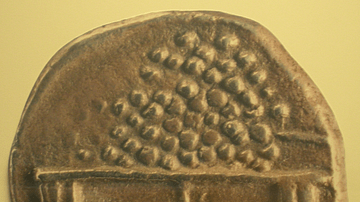
Definition
Trebizond
Trapezus (Greek: Τραπεζοῦς) or Trebizond was a Greek city on the southern shore of the Black Sea, modern Trabzon. According to the Christian author Eusebius, writing more than a millennium after the event, Trapezus was founded in 756 BCE...
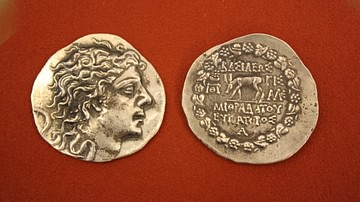
Article
Mithridates’ Poison Elixir: Fact or Fiction?
King Mithridates VI of Pontus, also known as Mithradates VI Eupator Dionysus and Mithridates the Great (135–63 BCE, r. 120-63 BCE) was a dogged Roman foe for much of his life. In 88 BCE, he orchestrated the mass killing of up to 150,000 Roman...
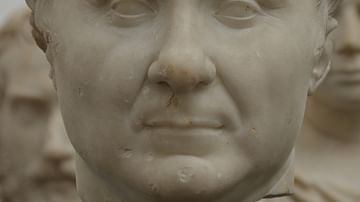
Definition
Pompey
Gnaeus Pompeius Magnus, also known as Pompey or Pompey the Great, was a military leader and politician during the fall of the Roman Republic. He was born in 106 BCE and died on 28th September 48 BCE. His father was Gnaeus Pompeius Strabo...
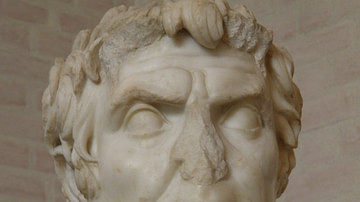
Definition
Sulla
Lucius Cornelius Sulla (138-78 BCE) was a ruthless military commander, who first distinguished himself in the Numidian War under the command of Gaius Marius. His relationship with Marius soured during the conflicts that would follow and lead...
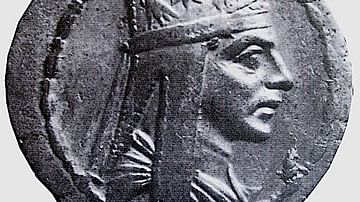
Definition
Tigranes the Great
Tigranes II or Tigranes the Great ruled as the king of Armenia from c. 95 to c. 56 BCE. Expanding in all directions, at its peak, Tigranes' Armenian Empire stretched from the Black Sea to the Mediterranean. Not before or since would Armenians...
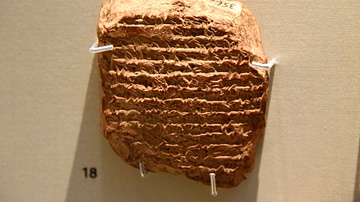
Image
Tablet with Hellenistic King List
Written in Babylonian in the cuneiform inscription, this tablet lists the names and dates of several Seleucid kings. After Alexander's death, the Persian Empire fractured. Mesopotamia and Syria became part of the Seleucid Empire, with their...
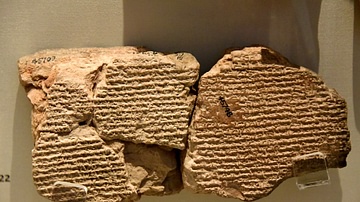
Image
Tablet Describing Parthian Conquest of Babylonia
This tablet is written in cuneiform inscription and refers to the defeat of the Seleucid king Demetrius II Nicator by the Parthian ruler Mithradates I in 141 BCE. The Parthian ruler is referred to as Arshaka. The text also refers to market...
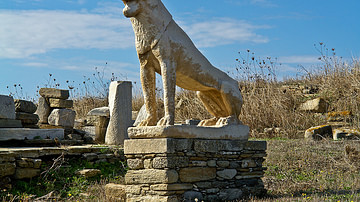
Definition
Delos
Delos is a Greek island in the Cyclades archipelago which was both an influential political force and, with its sanctuary to the god Apollo, an important religious centre in the Archaic and Classical periods. The island was also a major commercial...

Article
Lucius Cornelius Sulla: Guardian or Enemy of the Roman Republic?
For centuries, Lucius Cornelius Sulla has been reviled as a maniacal tyrant who defiled the Roman constitution and instituted bloody purges, but some modern historians assert that he has been judged too harshly. They present him as a republican...